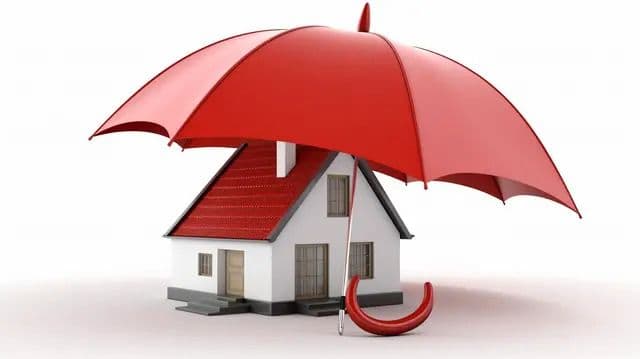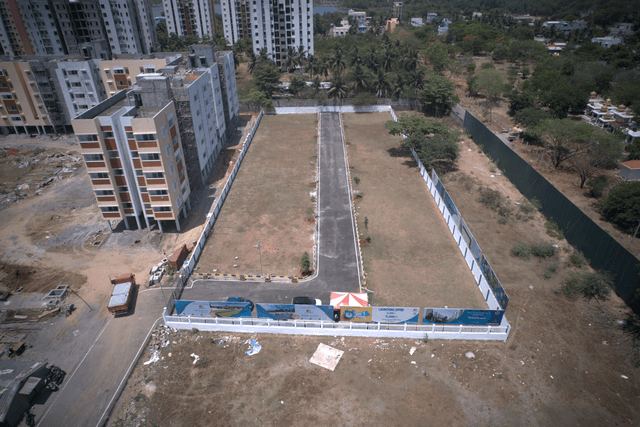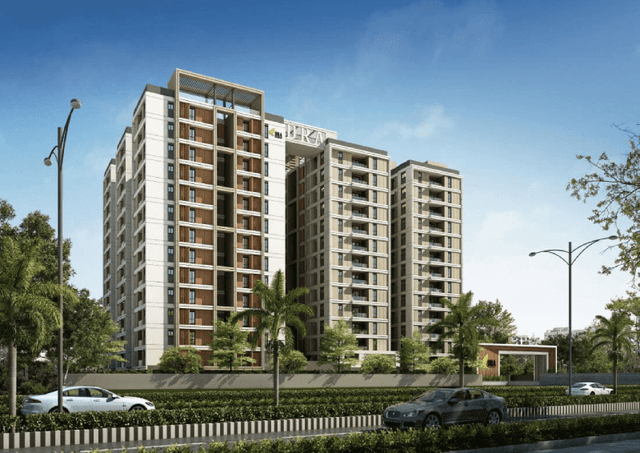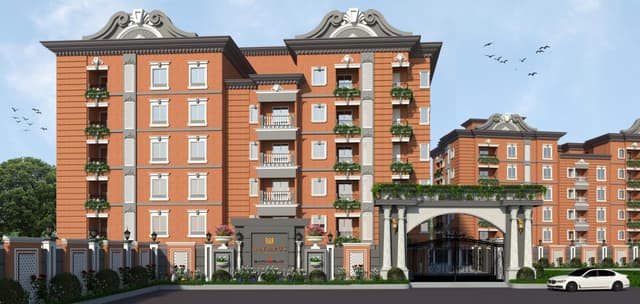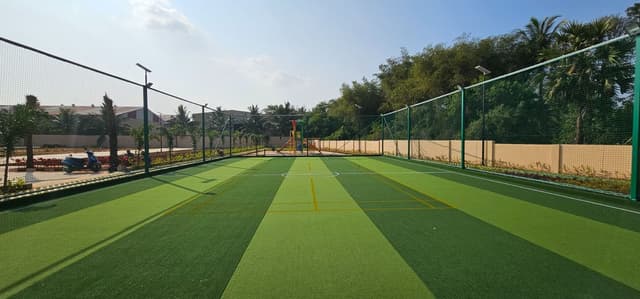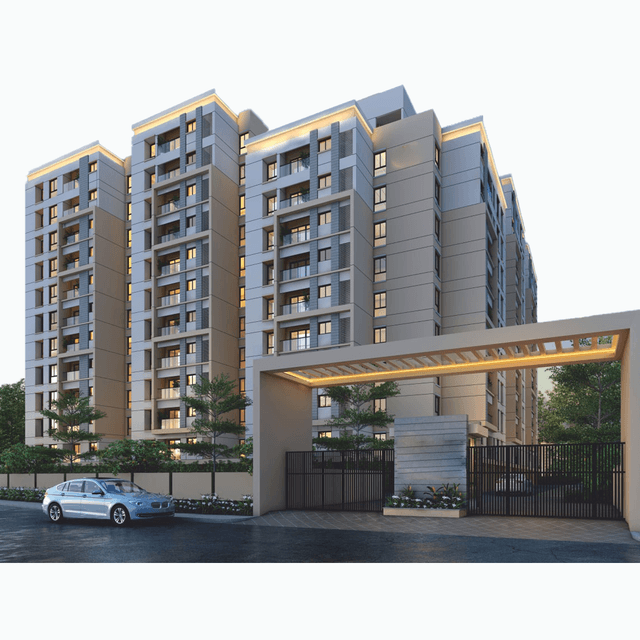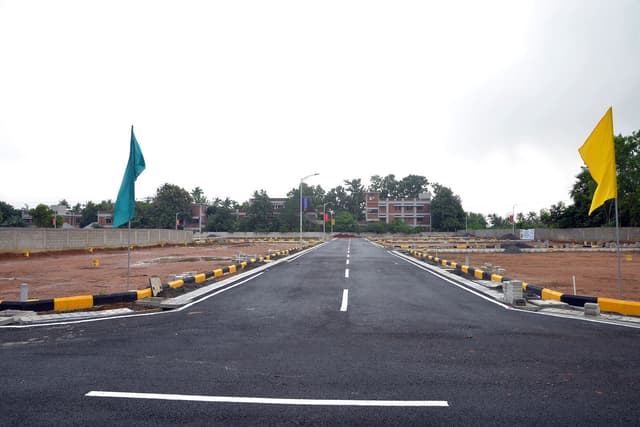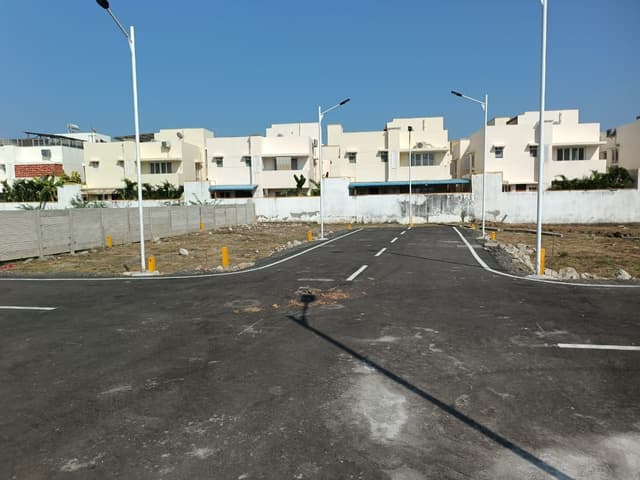Loading post…
Top 25 Frequently asked questions in Real estate in India

1. How do I verify the legality of a property's title in India?
To verify the legality of a property's title in India, you should obtain a copy of the property's title deed and conduct a thorough title search through the local registrar's office or online portals such as the Land Records Department or the Central Registry of Property Records.
2. What are the different types of land ownership titles recognized in India?
The different types of land ownership titles recognized in India include
➡️ Freehold
➡️ Leasehold and
➡️ Commonhold.
Freehold ownership grants the absolute rights to the land and property, while leasehold ownership involves leasing the land for a specified period, and commonhold ownership is applicable to shared ownership properties.
3. What documents are required for property registration in India?
The documents required for property registration in India typically include the sale deed, property title documents, identity proof of the parties involved, address proof, PAN card, and passport-size photographs.
4. How can I check if a property has any pending legal issues or disputes?
To check if a property has any pending legal issues or disputes, you can conduct a legal due diligence process through a lawyer or legal expert. This involves reviewing court records, conducting property searches, and verifying the property's title documents.
If you are going for a bank loan, banks will do all the legal check before sanctioning loan.
5. What is the process for obtaining a home loan from Indian banks or financial institutions?
The process for obtaining a home loan from Indian banks or financial institutions typically involves the following steps:
1️⃣ Pre-qualification: Determine your eligibility and borrowing capacity.
2️⃣ Application: Submit the required documents, including income proof, identity proof, address proof, and property documents.
3️⃣ Verification: The bank verifies your documents and assesses your creditworthiness.
4️⃣ Approval: Upon approval, the bank issues a loan sanction letter with the loan amount, interest rate, and repayment terms.
5️⃣ Disbursement: The loan amount is disbursed directly to the seller or builder, or as agreed upon in the property transaction.
Some banks offer upto 90% of the plots value and 80% of the flat value as loan.
6. What are the taxes and fees associated with buying a property in India?
The taxes and fees associated with buying a property in India include stamp duty, registration charges, Goods and Services Tax (GST) on under-construction properties, and property tax. Stamp duty and registration charges vary from state to state.
For example , In Tamilnadu the registration charges are 4% and Stamp duty is 7% of the property value.
7. How do I calculate stamp duty and registration charges for property transactions?
Stamp duty is a state-level tax imposed on property transactions, while registration charges are fees paid to register the property transaction with the government. Both stamp duty and registration charges are calculated based on the property's value or the transaction amount.
It is the X% of the property value and it varies from state to state.
8. What is the role of the Real Estate Regulatory Authority (RERA) in India?
The Real Estate Regulatory Authority (RERA) in India is a regulatory body established to protect the interests of homebuyers and promote transparency and accountability in the real estate sector. RERA regulates real estate projects and developers, ensures timely delivery of projects, and provides a mechanism for grievance redressal.
9. How do I check if a real estate project is registered under RERA?
To check if a real estate project is registered under RERA, you can visit the official RERA website of the respective state or union territory and search for the project using its registration number or details.
To check projects registered under TNRERA ( Tamilnadu ) follow the steps
➡️ Visit https://rera.tn.gov.in/ ➡️ Select “ Registration “ ➡️ In the dropdown select “ Projects “ and then select “Registered Projects ( Tamilnadu ) “ ➡️ Choose Building or Layout ➡️ Select the Year in the next page
List of projects registered under TNRERA will be shown , you can also use the search functionality in the page to find the specific project / builders.
10. What are the rights and responsibilities of homebuyers under RERA?
Under RERA, homebuyers have several rights, including access to information about the project, timely possession of the property, quality construction, transparent pricing, and the right to claim compensation for delays or deficiencies in the project.
11. What is the significance of the Occupancy Certificate (OC) in Indian real estate?
An Occupancy Certificate (OC) is a document issued by the local municipal authorities certifying that the construction of a property has been completed as per approved plans and is suitable for occupancy. It confirms that the building complies with all applicable building codes and regulations.
12. How do I verify the credibility of a real estate developer or builder in India?
To verify the credibility of a real estate developer or builder in India, you can research their track record, past projects, reputation in the market, financial stability, and any legal issues or complaints against them. You can also seek feedback from past customers and consult industry experts or real estate agents.
13. What is the process for purchasing property as a non-resident Indian (NRI)?
The process for purchasing property as a non-resident Indian (NRI) involves certain restrictions and guidelines. NRIs are allowed to buy residential and commercial properties in India, subject to certain conditions and limits prescribed by the Reserve Bank of India (RBI) and the Foreign Exchange Management Act (FEMA).
14. What are the restrictions on NRI property ownership in India?
NRIs are not allowed to purchase agricultural land, plantation property, or farmhouses in India. However, they can inherit such properties from relatives or through bequests.
15. How can I repatriate funds from the sale of property as an NRI?
To repatriate funds from the sale of property as an NRI, you need to follow the repatriation guidelines prescribed by the RBI and FEMA. You can repatriate the sale proceeds of up to two residential properties without any restrictions, provided the properties were acquired through legitimate means and the sale proceeds are repatriated through the proper banking channels.
16. What are the tax implications of property investment for NRIs in India?
The tax implications of property investment for NRIs in India include income tax on rental income, capital gains tax on the sale of property, and withholding tax on repatriated income. NRIs are also eligible for certain tax deductions and exemptions under the Income Tax Act.
17. How do I transfer property ownership in India?
The process for transferring property ownership in India involves executing a sale deed or gift deed in the presence of witnesses and registering the deed with the local registrar's office. The buyer or recipient of the property must pay stamp duty and registration charges for the transfer.
18. What is the difference between built-up area, carpet area, and super built-up area?
Built-up area refers to the total area of a property including the carpet area, walls, and balconies.
Carpet area is the actual usable area of the property excluding the thickness of the walls.
Super built-up area includes the built-up area plus the proportionate share of common areas such as corridors, staircases, and lobby.
19.How do I calculate the fair market value of a property in India?
There is no fixed formula to find the Fair Market Value of the property but you can get the relative price by comparing the market price of similar properties in the locality. You can also get the idea of ongoing price in the market by approaching the real estate agent / consultant in the local market.
You can also check the property prices in real estate portals like findbhk , magicbricks , 99acres and Housing.
20. What is the significance of the Khata certificate in Indian real estate?
The Khata certificate is a document issued by the local municipal authority certifying that a property is listed in the municipal records and the property taxes have been paid up to date. It is required for property registration and obtaining utilities such as water and electricity connections.
21. How can I resolve issues related to delayed possession of a property in India?
File complaints with RERA, consumer forums, or civil courts for breach of agreement, compensation, or cancellation of the agreement.
22.What are the regulations for constructing buildings near heritage sites in India?
Regulations governed by the Ancient Monuments and Archaeological Sites and Remains Act, 1958, may require approval from the Archaeological Survey of India (ASI) or State Archaeology Department.
23. How can I find out if a property is prone to flooding during the monsoon season?
You can assess the flood risk of a property by checking flood maps, consulting with local residents, and conducting a site visit during the monsoon season to observe any signs of flooding or waterlogging.
24 . Are there any restrictions on keeping pets in residential complexes in India?
Yes, many residential complexes in India have restrictions on keeping pets. It's advisable to check with the housing society or apartment association for specific rules regarding pet ownership.
25.What are the regulations for constructing buildings on agricultural land?
Rules vary by state and may include restrictions on land use, conversion, building height, and setback requirements.
